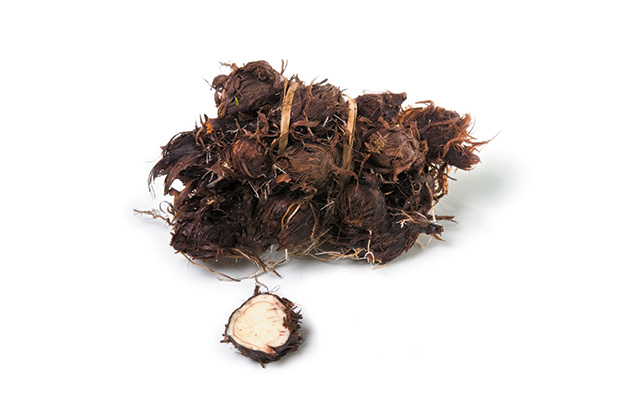This article is adapted from the Fall 2015 print edition of Americas Quarterly. To subscribe, please click here
What began as an aromatic oil used by indigenous tribes in the art of seduction has quickly become one of the Brazilian Amazon’s most popular exports.
At first glance, it’s easy to dismiss the priprioca, a grass-like plant that grows along the rivers and streams of Pará state. But the essence extracted from its roots packs a potent scent that is leaving a mark on the country’s cosmetics and culinary industries.
“Its smell is unusual and innovative, very different from the nearly 2,500 ingredients traditionally used in international perfumery,” Danielle Barbizan, olfactory manager of the São Paulo-based Natura Cosméticos S.A., told AQ.
The company began selling priprioca perfume more than a decade ago and has since expanded the line to include bath oil and soap. Its scent is described as woody and spicy with floral and vanilla hints.
Those characteristics also caught the attention of chef Alex Atala, owner of the two-Michelin star-rated D.O.M restaurant in São Paulo, who began exploring its gastronomic potential.
“I was enchanted by the priprioca’s aroma,” Atala told AQ. “But I wasn’t certain if it could be used in food, since not even the indigenous populations had used it for this purpose.”
Atala worked with the Swiss flavor and fragrance company Givaudan to explore the different possibilities. As a result, he came up with a variety of priprioca-infused savory and sweet dishes that are now featured on his tasting menu.
“It is a very versatile product,” Atala said. “Once people come in contact with it, they really fall in love.”
According to Amazonian legend, the priprioca’s name came from Piripiri, a warrior whose musky smell made women fall at his feet. Merchants at Belém’s Ver-o-Peso market then went on to sell a bottled mist of the aromatic Cyperus articulatus (or priprioca) as a love potion, used as an offering to the area’s patron Saint João and during end-of-year celebrations.
A report by Pará’s Emílio Goeldi Museum and the Federal University of Pará cited the oil’s use by locals as an ingredient for home remedies for various ailments. Priprioca has even been used to infuse beer — Belém-based artisanal beer company Amazon Beer uses the ingredient in their Red Ale.
Despite the recent upsurge in interest, the plant is still cultivated on a small scale by farmers in the Amazonian state of Pará. One of Natura’s major partners is the Women’s Movement of the Islands of Belém, which hires hundreds of local agriculturalists to tend to the crops.
“It was very important for us to establish a partnership with the local communities in order to ensure their own sustainability and the plant’s proper care,” Barbizan said. “This was the first time a scented oil had been obtained from a new botanical species in 40 years, so we wanted to make sure it was handled correctly.”
—
Flora Charner is a multimedia journalist based in Rio de Janeiro and New York.






